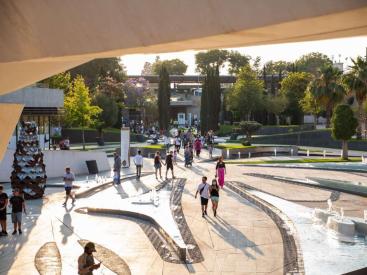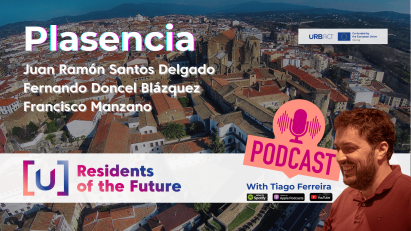01/12/2013 31/03/2015
Our project will transfer a leading edge Open Innovation approach where citizens and businesses work together with the city, creating innovative solutions to city challenges via an online collaboration platform; GeniUS!

Summary
Introduction
In a time of unprecedented change for cities, with financial resources reducing rapidly, it is imperative we find new ways of operating. We must source ideas from outside the traditional city council structure and couple this with a different culture and working practice within the city council itself.
Our online collaboration platform enables exchange of ideas between residents, communities, companies and academics. This is coupled with a completely new style of collaborative event (“Synergy Surgery”), to provide a systematic solution for solving city challenges.
PARTNERS
Lead Partner York- San Sebastián - Spain
- Syracuse - Italy
- Tallinn - Estonia
Timeline
Project launch
Project completed







